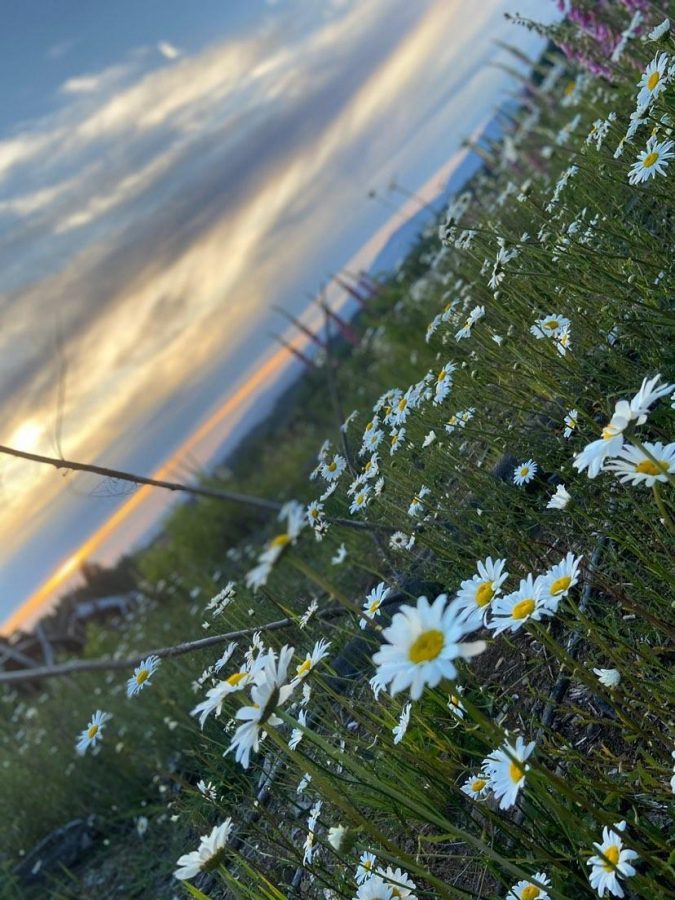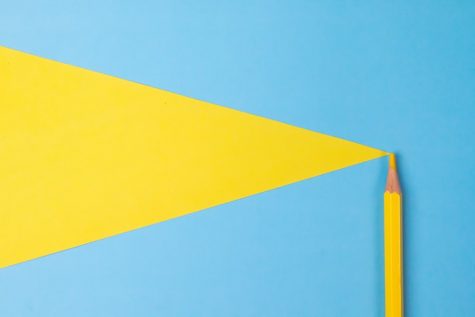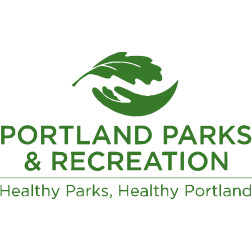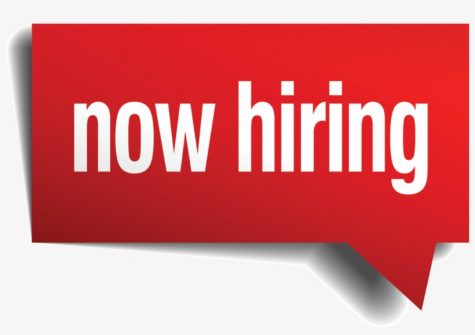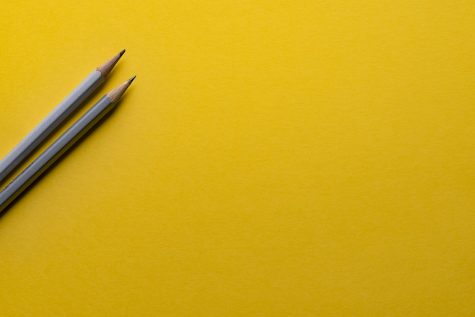How to Enjoy Yourself in 2021
Recently, as I have been reflecting on my life, I’ve noticed many of the dichotomies that pervade it. I’ve been thinking about language and that seemingly similar words are, in reality, very different.
Especially considering the obvious impact of the pandemic that removed one and a half years of normal high school life and replaced it with what we call “quarantine,” one of the most important struggles that I (and I think a lot of people) have had is that of reconciling the parts of us that need real human social interaction with the parts of us that need to be alone and that require legitimate self-reflection.
One thing that I think about often is the difference between being alone and being lonely. Loneliness is an intensely sad emotion. One can be surrounded by many people at a given point in time and feel incredibly lonely. On the other hand, one can be alone, with nobody to keep company but themselves, yet not feel lonely. Alone is more of a state of being than lonely.
Over the past four years of my life, I have been learning how to be alone, yet simultaneously be at peace with the world and with myself. I think it’s becoming gradually more important to acknowledge and to try to learn about being alone, especially today as we progress more and more into this consumerist society where we dread quiet.
I derive a lot of inspiration in how I think about these things from the late author David Foster Wallace, who wrote largely through fiction about contemporary issues in American culture and entertainment. In a 2003 interview with a German television station, Wallace had this to say about boredom in America at the time: “…there’s an almost dread that comes up, I think, here about having to be alone and having to be quiet. And you see that when you walk into most public spaces in America it isn’t quiet anymore; they pipe music through. And the music’s easy to make fun of because it’s usually really horrible music. But it seems significant that we don’t want things to be quiet, ever, anymore.”
Today, gratification and pleasure is near instantaneous. Not a lot of people take the time to slow down in an age where the Internet provides fast pleasure, where kids like me spend 16+ years straight in an education system only to feel pressure by family or loans to get a decent-paying job for the rest of my life which is probably not all that enjoyable.
I’m learning how to slow down and be alone in a society that keeps telling me, “Go, go, go.”
And there is a difference between pleasure and enjoyment, by the way. Pleasure, that is instant “dopamine” rushes that we all hear about, the pleasure from eating sweets, or purchasing copious amounts of clothes online, or getting a paycheck, or consuming media, or other things if you know what I mean. This is pleasure at the snap of your fingers, pleasure that has been steadily dominating society over the past hundred or so years, and even more so with the age of the Internet.
Enjoyment, on the other hand, is more subtle. Enjoyment is long-term. One derives enjoyment from pride, from a hobby, from reading a good book, from lacking regret, or from trying out something new, and sticking with it for a long time. Call me introverted, but I believe that enjoyment requires reflection, and attending to the parts of you that need to be alone.
It makes sense that today the business of the Internet and our economy would tend towards pleasure– It’s what captures our attention and is a lot more convenient than enjoyment. But I aspire towards enjoyment rather than pleasure. Obviously pleasure is important, but finding a balance between the two is paramount.
One last linguistic dichotomy I leave this article with is the difference between consuming an article like this, and really reading it. I would hope that in the name of everything I have said previously that the audience that consumes this piece of media not only consumes it in the sense of passively letting the words be read then forgot about, but reads it in the sense of an active internalization of what I’m saying.
In the end, many of us stick through high school to learn, whether it be learning how to factor polynomials, what we want to do with our lives, or just something else about ourselves. Now as this COVID-19 school year comes to a close, and I’ll soon be gone, but I hope to take the lessons I’ve learned over these years with me wherever I end up in life.
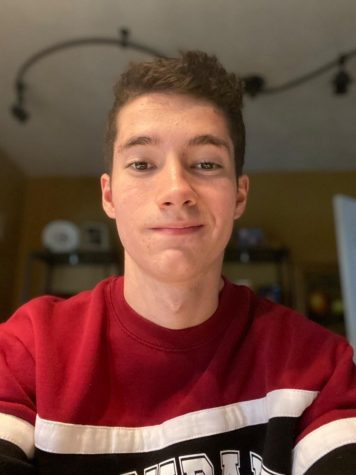
Aaron Valentine is a senior staff member for The Talon. Alongside photography and journalism, he also loves being socially active with people, running,...

